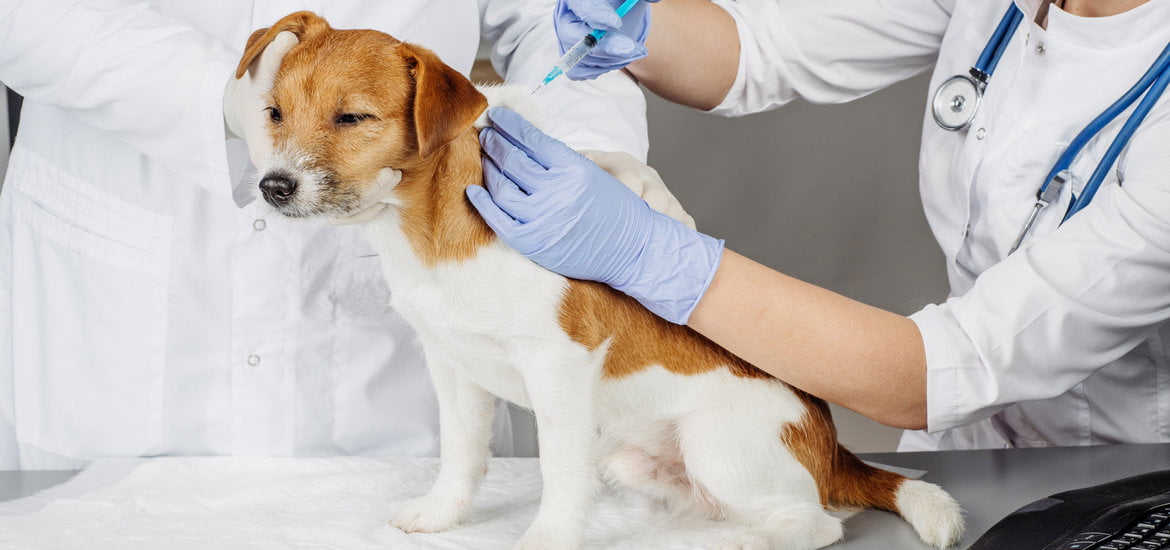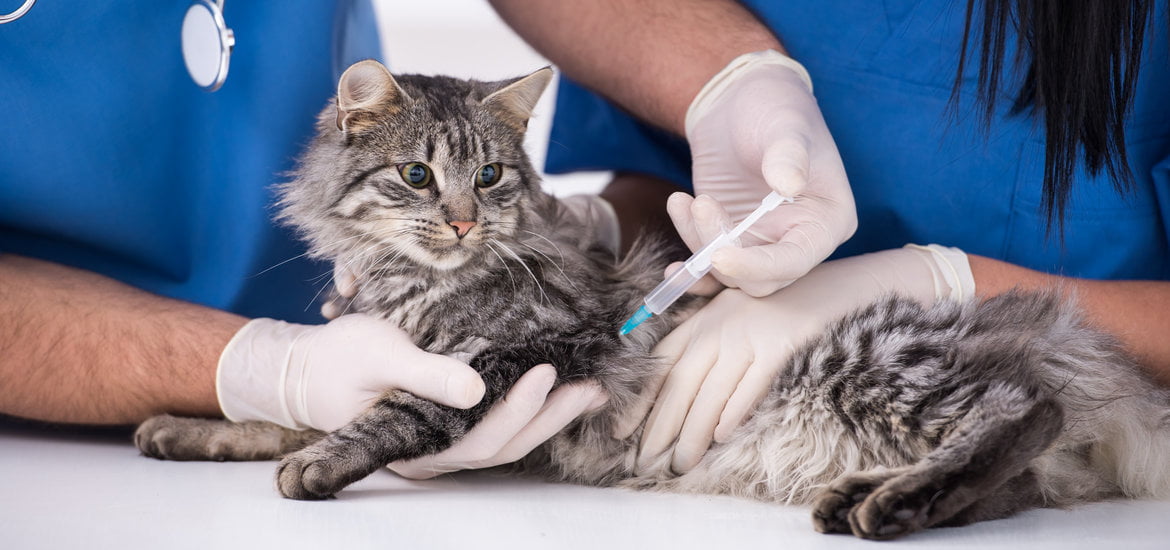Mar 3, 2021, 6:54 PM

Like people, pets can also be protected from certain infectious diseases by vaccination. When your pet is vaccinated, he/she receives a disease-causing agent that stimulates its protective immune responses and prepares the body to fight those diseases in the future. With that being said, what vets should make pet owners understand is that vaccinating does not equate to immunization. In fact, vaccines may not always produce the required immune protective response, not only if the vaccine was inadequately prepared but also if your pet has low genetics or are non-responders to the vaccine, a common factor in certain dog breeds and their families. In the latter case, your pet will be susceptible to the lifelong disease of concern. Moreover, revaccination will not help and could perhaps prove harmful to the pet. To prevent such issues, we bring you detailed information on the new and recommended vaccination protocols for dogs and cats.
Antibody Titer Testing
In the years between booster vaccines and geriatric pets, circulating humoral immunity can be assessed by calculating serum vaccine antibody titers as an indicator of immune memory. A good product to test this is VacciCheck. A titer test does not differentiate between immunity resulting from vaccination and/or disease exposure, though the magnitude of immunity resulting from vaccination is typically lower.
Vaccine Protocols for Dogs & Cats
Puppies and kittens should begin their vaccination series when they are 8 weeks old. This rule, however, can be altered in case of outbreaks of viral diseases or for orphans who have never received colostrum. Once they turn a year old, vets can give pets a booster.
Managing booster vaccinations every three years in a combined vaccine or every other year in split components before the pet reaches geriatric age, at which point booster vaccination is likely to be excessive and potentially dangerous for those with aging-related or immunologic disorders.
When to Vaccinate Puppies
Puppies, irrespective of their breed, should be given their first vaccination at six to eight weeks of age and second dose two to four weeks later. As per the minimum protocol, puppies should receive the MLV or recombinant vaccines such as canine distemper, parvovirus, and hepatitis, preferably when they are between 9-10 and 14-16 weeks of age. Consult with your veterinarian to draw up the best vaccination timings for your canine companion. Apart from the core vaccinations, your puppy should also be administered booster vaccination when they either six or 12 months of age. If you seek to offer titer testing, vets should vaccinate the puppy when they are 16 weeks old instead of 12 weeks. This is to avoid measuring residual maternal immunity.

When to Vaccinate Kittens
Kittens will need two sets of vaccinations to protect them from infectious diseases. Core vaccines such as feline calicivirus, herpes, or feline panleukopenia are given in a two- or three-dose sequence starting at 7-9 weeks of age and 12-16 weeks, respectively. Kittens and cats should be given booster vaccinations once every twelve months. It is important to keep your kitten indoors till they are fully vaccinated. The options for vaccine titer monitoring are the same as for dogs.
